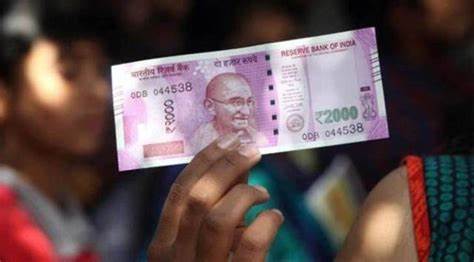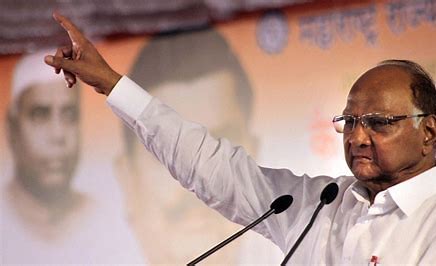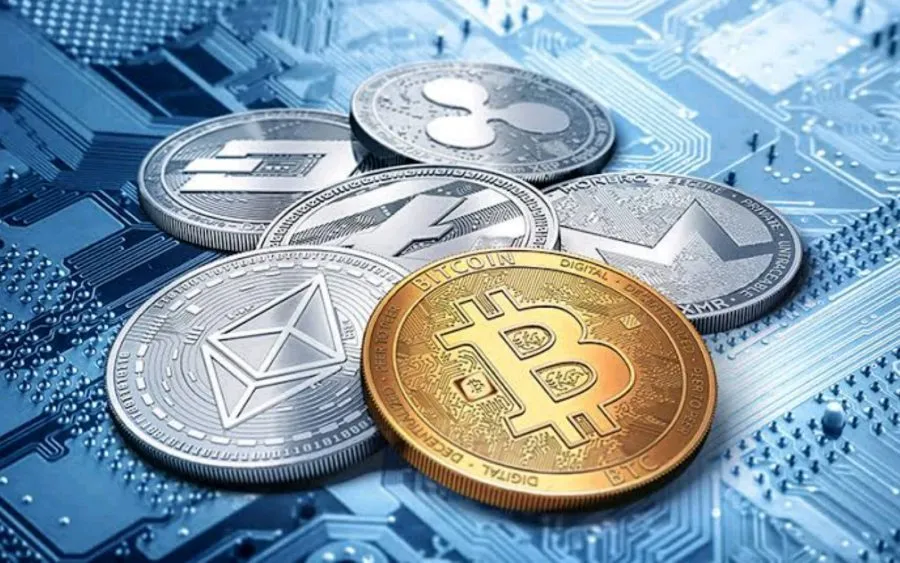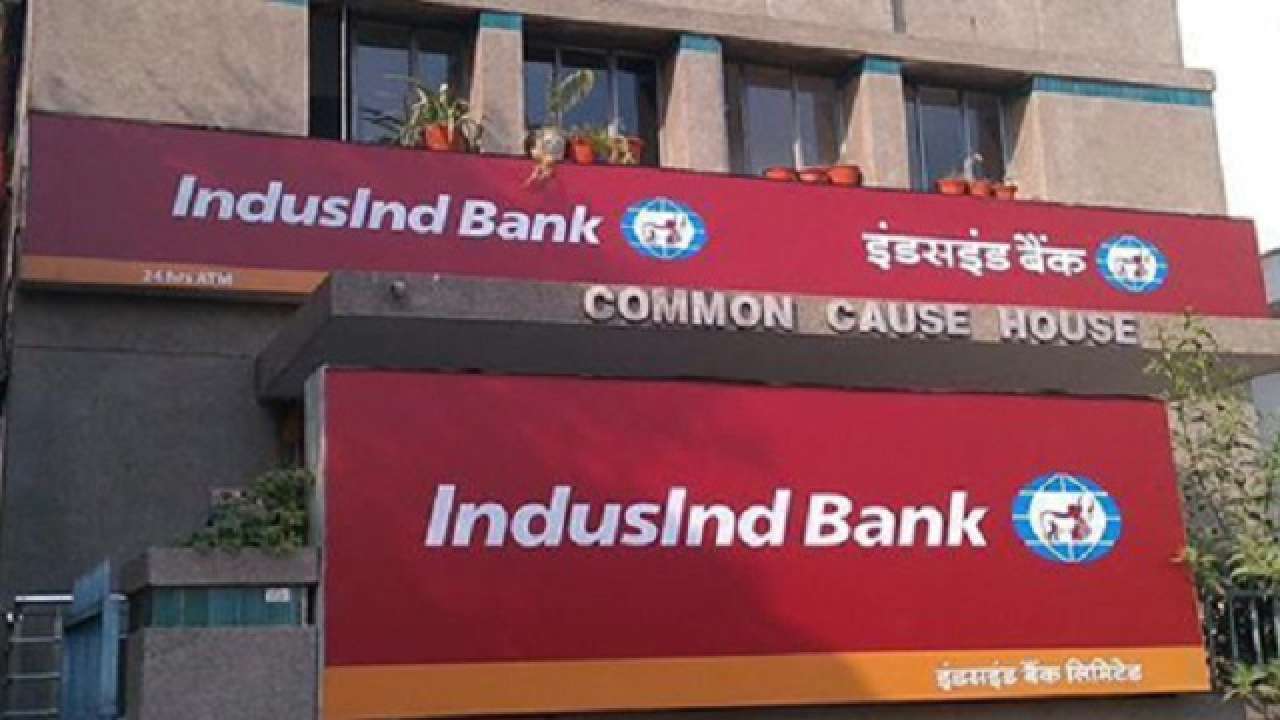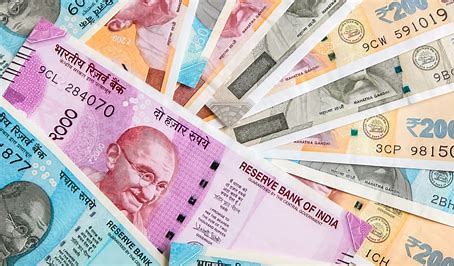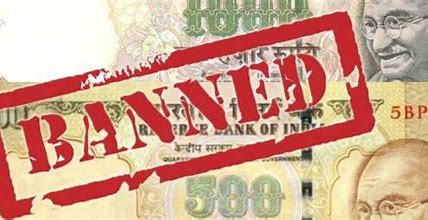
Demonetisation
- Admin
Demonetisation is a drastic measure that involves removing the legal tender status of a currency unit and replacing it with a new one. It is usually done to combat inflation, black money, corruption, terrorism, or to facilitate trade and market access. However, demonetisation can also have negative impacts on the economy, such as disrupting cash transactions, causing liquidity shortages, reducing growth and employment, and affecting the poor and vulnerable sections of society.
One of the most recent and controversial examples of demonetisation was the one implemented by the Indian government in 2016. On 8 November 2016, Prime Minister Narendra Modi announced that all ₹500 and ₹1,000 banknotes of the Mahatma Gandhi Series would cease to be legal tender from midnight of that day. He also announced the issuance of new ₹500 and ₹2,000 banknotes in exchange for the old ones. The move was aimed at curbing the shadow economy, increasing cashless transactions, and reducing the use of illicit and counterfeit cash to fund illegal activity and terrorism.
However, the implementation of demonetisation was widely criticised as poorly planned and executed. The announcement was made without prior notice or consultation, leaving millions of people in confusion and panic. The new banknotes were not readily available or sufficient in number, resulting in long queues and chaos at banks and ATMs across the country. Many people faced difficulties in accessing essential goods and services due to the cash crunch. Several deaths were reported due to exhaustion, illness, accidents, or violence related to the demonetisation process. The move also had a negative impact on various sectors of the economy, such as agriculture, manufacturing, services, trade, tourism, real estate, and informal sectors. According to a report by the Reserve Bank of India (RBI), 99.3% of the demonetised banknotes were returned to the banking system, raising doubts about the effectiveness of the move in achieving its stated objectives.
Demonetisation is a complex and risky policy intervention that requires careful planning, coordination, communication, and execution. It can have both positive and negative effects on the economy and society depending on its design, timing, context, and implementation. It is important to weigh the costs and benefits of such a move before undertaking it and to ensure that adequate measures are taken to minimise the hardships and disruptions caused by it.


